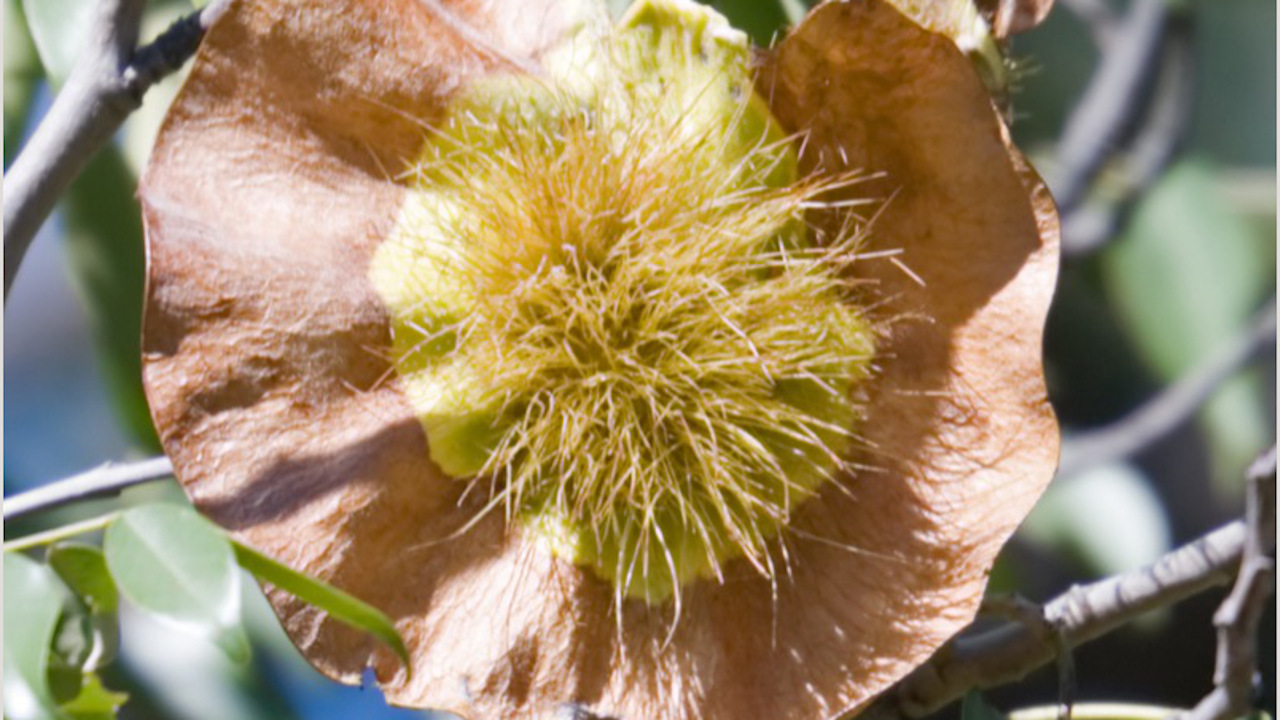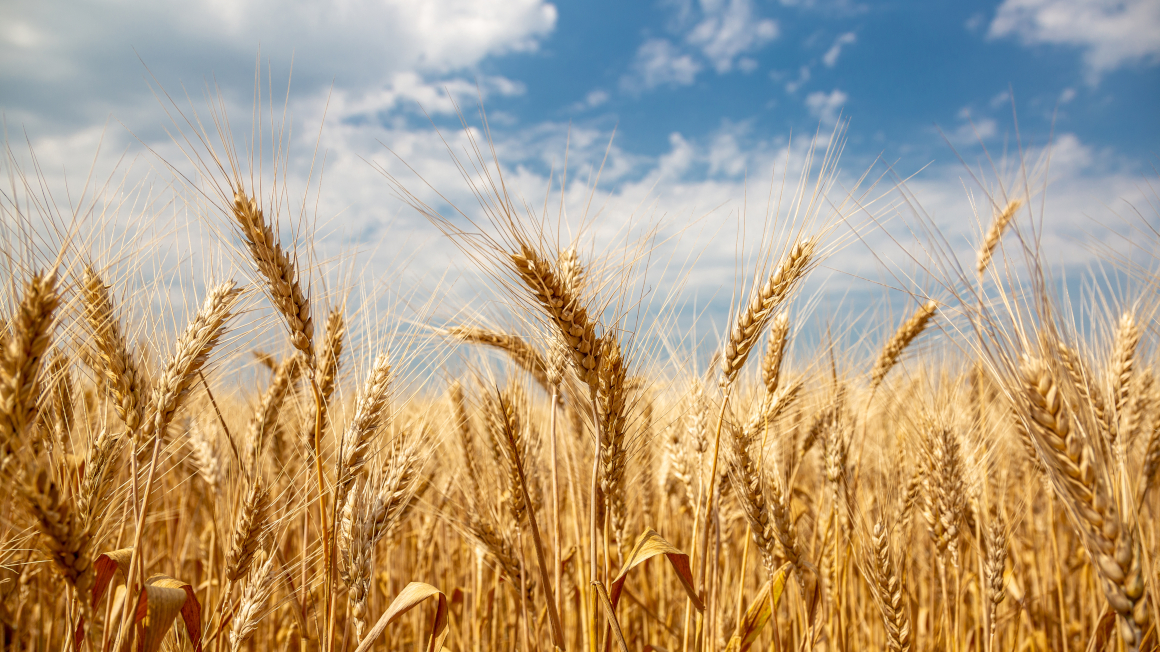Biofertilizer for teak trees
Researchers in Bremen have discovered bacteria that can be used to fertilize teak trees naturally and thus grow them sustainably.

Teak not only looks noble, the material is also easy to work with and very durable. Therefore, teak is in great demand - not only in Europe but also in Africa where the teak tree Pterocarpus angolensis grows. There, the tree is used in traditional medicine. However, slash-and-burn agriculture endangers its cultivation and new plantings are difficult due to the nutrient-poor soils. Even seedlings grown in nurseries have only a limited chance of survival. Experts in biology from the University of Bremen have now found a way to grow African teak sustainably. The project was funded by the German Federal Ministry of Education and Research.
Biological fertilization with bacteria
After long research, a team led by Bremen microbiologist Barbara Reinhold-Hurek has discovered bacteria in Namibia and Angola that can be used to successfully grow Pterocarpus angolensis in tree nurseries. The researchers had screened nodule bacteria for several years until they came across suitable candidates that form a symbiotic relationship with P. angolensis. The African teak tree belongs to the legume family, which forms symbiotic relationships with bacteria in the root. The principle: via special root nodules, nodule bacteria fix nitrogen from the air and thus fertilize the plant in a natural way.
Sustainable breeding method for nurseries
As the team reports in the journal Frontiers of Microbiology, they were able to isolate strains of bacteria, propagate them in the lab and eventually add them to teak plant seeds to forge symbioses. "The plants are biofertilized by the bacteria, which means they can even grow in soils that have little of the nutrients the seedlings need. With our research, we would like to contribute to the long-term cultivation of these desirable plants," Reinhold-Hurek explains.
The researchers are thus one step closer to sustainable cultivation of the popular teak tree. They are convinced that, with the bacteria, they have found a "biofertilizer" that makes it easier to grow the seedlings in the nurseries.
bb


